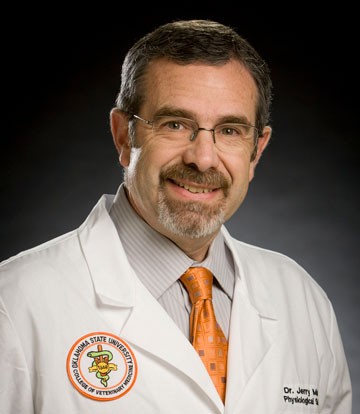Comparative Biomedical Sciences, MS

Master's in Science
The Master of Science degree in Comparative Biomedical Sciences prepares graduates
for careers in industrial, governmental, or academic technical, regulatory or research
positions. The plan of study is designed to meet the student's needs and interests
and typically includes courses in molecular and cell biology, pathophysiology, statistics,
seminar and electives.
